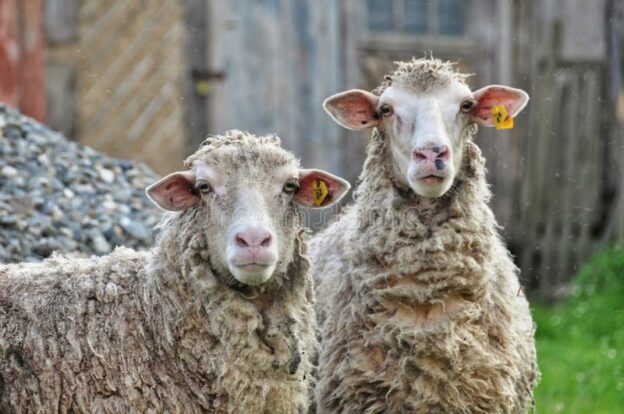Between the lines of the terrible description in parshas Bechukosai of what will happen if Klal Yisrael abandons the mitzvos of Hashem lie subtle hints to the limits and end of those curses. The land will not yield produce (making it inhospitable to occupiers); there will be years of barrenness (but as an atonement for the unobserved shemitos); we will be scattered throughout the world (making it impossible for our enemies to isolate and destroy us – Rabbeinu Bachya).
And, of course, after the long, painful recounting of the tragedies that might befall us, Hashem offers the assurance that “But despite all this, while they will be in the land of their enemies, I will not have been revolted by them, nor will I have rejected them or obliterated therm, to annul My covenant with them” (Vayikra 26:44). And that He “will remember My covenant with Yaakov and also My covenant with Yitzchak, and also my covenant with Avraham…” (26:42).
So even within the curses are blessings; and when the evil passes, what will remain will be Hashem’s covenant with our forefathers, and our salvation as a people through its merit.
So what the Torah is saying is that there will be a happy end to history but that there are two ways it can be reached: We can choose good and get there in a direct fashion; or, chalilah, we can choose the opposite and have to endure a long, grueling and tragic galus-journey… but to the same destination. Our forefathers’ merit ensures that all will, in the end, be well.
In other words, our suffering, should our choices make it necessary, will also have become part of Hashem’s plan.
An idea subtly echoed in the final law of the parshah, temurah.
It is a sin to attempt to transfer the holiness of a consecrated animal to another one. And yet, the sin nevertheless effects holiness, as the second animal becomes holy as well.
Even our sins, for which we are responsible, can all the same end up yielding the fruition of Hashem’s plan.
Hu us’muraso yih’yeh kodesh. (ibid 27:10.
© 2021 Rabbi Avi Shafran
